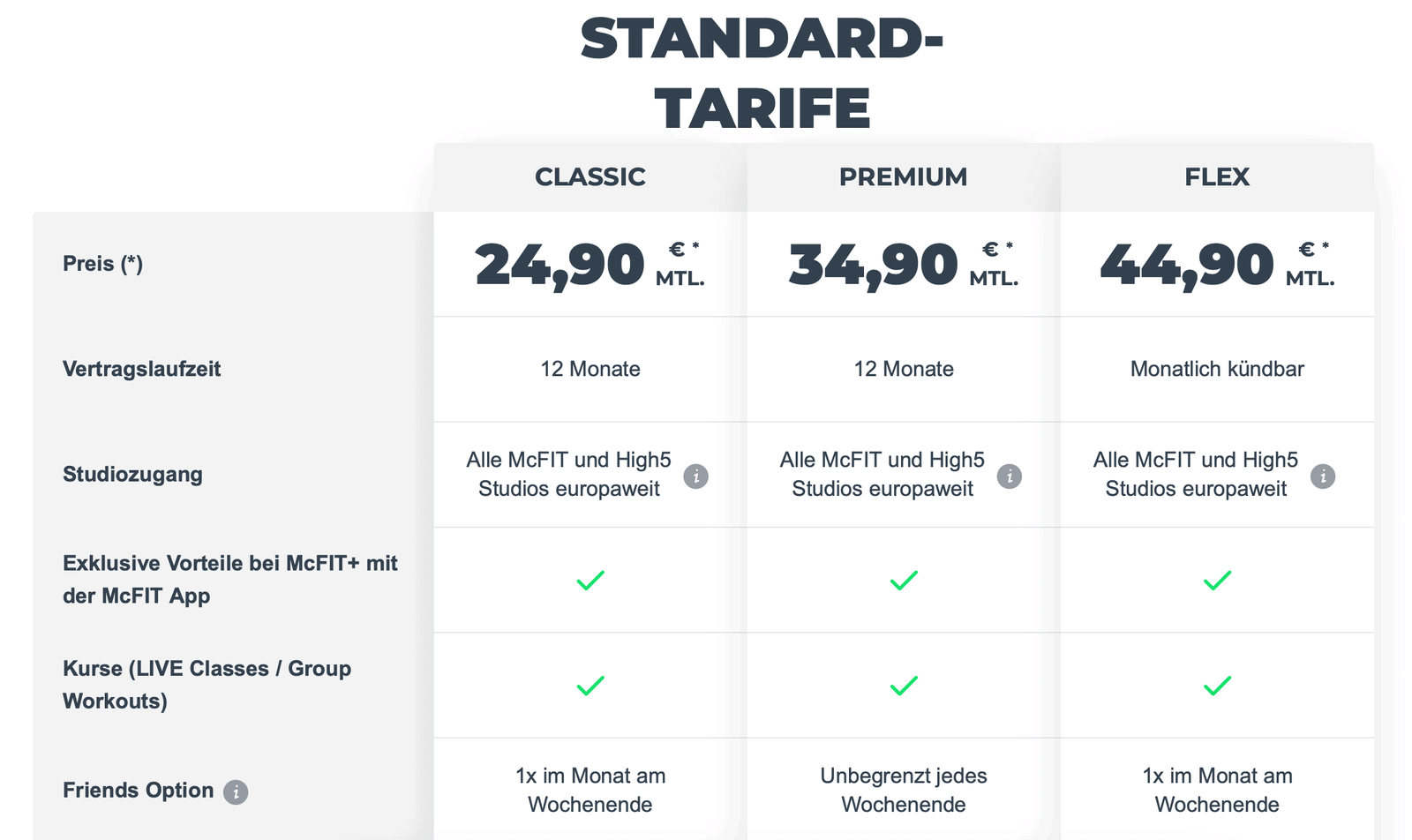How much is the cost of living in Germany?
Estimated reading time: 4 minutes
Last updated: May 2024

TL;DR: The cost of living in Germany is relatively reasonable compared to many other countries. The German government has set the average cost of living to be €934, which should sufficiently cover all expenses such as rental, food, transportation, insurance, and self-care. The actual cost of living varies depending on the location you live in and your lifestyle. Generally, cost of living is higher in bigger cities than in smaller towns.
Compared to other European countries, the cost of living in Germany is quite reasonable. The prices for food, accommodation, clothing, and entertainment are in line with the EU average. The German government recommends that international students set aside €934 a month for living expenses.
Let’s break this down to find out how much it really costs to live in Germany.

Rent and utilities
Average rent and utilities: €500/month
When it comes to renting a place in Germany, here are the few keywords students will have to look out for:
Kaltmiete: The basic cost of renting the room.
Nebenkosten: The price for utilities. This includes waste collection, water, electricity, gas, heating and other amenities in the house.
Warmmiete: The total cost of renting a room. In short, it’s the Kaltmiete + Nebenkosten.
Kaution: Deposit for the room. This is typically 2 to 3 months worth of the Warmmiete.
It’s highly recommended for students to stay in a student residence hall as the rent is usually cheaper. However, the demand for this type of accommodation is very high and some universities will request students in higher semesters to move out to private accommodations. Depending on the cities, the private accommodation can cost up to 20% higher compared to the student residence hall.
The monthly rental ranges from €300 to €900 depending on the cities. On average, students will be paying €500 Warmmiete a month but in many smaller cities, it’s possible to pay in the €300+ range.
Food and drink
Average food and groceries: €220/month
The price for groceries in Germany is very cheap. As such, students will usually have their breakfast and dinner at home. Breakfast consisting of bread or cereal will typically cost €1 and dinner should cost roughly €3.
Lunch from the university’s Mensa (German for canteen) will range from €2 to €3. Freshly brewed coffee will cost only €1.
Eating out, on the other hand, could be very expensive and patrons are expected to tip the waiter or waitress. A German restaurant will easily cost €10 per meal.
There are however plenty of cheaper alternatives. A kebab set costs between €3 to €5 while Chinese takeaways will cost about €5 to €7.
Here’s how shopping at a German supermarket will look like. Thanks to one of our alumni for making this video.
Semester contribution
Average contribution: €150-€400/semester
Universities will usually charge students a semester contribution. This will cover student services and often, the public transportation fee for the entire semester.
Public transportation
Usually covered by the semester contribution (read above)
In most cities, students will be able to travel within their university city with their student card. Therefore, they will not need to incur additional cost for public transportation. For longer distance, there are cheap flights and other special conditional discounts.
A good example is the Quer-durchs-Land-Ticket (Day ticket for Germany) by Deutsche Bahn (German National Rail). You can enjoy unlimited travel throughout Germany with a day pass! It’s valid from 09:00 on weekdays or from 00:00 on Saturdays and Sundays until 03:00 the next morning. This pass covers all regional and regional-express trains (RE, RB, IRE, S-Bahn). The cost for the first traveler is €46, and each additional passenger can be added to the same ticket for just €9. You can bring up to a maximum of 5 passengers, making it around €18 per person.
Clothing
Average spend: €50/month
Students are spoilt for choices in Germany when it comes to shopping for clothing. Brands such as H&M are reasonably priced while others like Zara often offer discounts. There are also plenty of outlet cities where students can find fashion items sold at a huge discount. In addition, there are quite a few platforms selling branded fashion at a student-friendly price.
Another tip to save money on clothing is to buy the more expensive winter attire right after winter as shops clear stock for the coming summer fashion.

Source: hm.com/de/
Medical insurance
Average commitment: €120/month
It is compulsory to purchase medical insurance in Germany. Typical providers are Techniker Krankenkasse (TK), AOK and DAK Gesundheit.
Telephone
Average commitment: €20/month

Source: alditalk.de/
Recreation, sports, and culture
Average spend: €50/month
Popular recreational activities in Germany include Nordic walking, jogging, and cycling. Some universities will have other amenities such as badminton courts, table tennis tables or even beach volleyball courts.
In most cities, students pay about €5 per entry at public swimming pools. Some of these are indoor and heated, so it’s also possible to swim even during winter.
For gym-goers, it will only cost €24.90 per month if they subscribe to McFit, Germany’s largest gym chain. For the same price, they can access over 240 McFit gyms across Europe. So it’s also possible to work out in say Mallorca, Spain during the summer holiday!

Source: www.mcfit.com/de/mitgliedschaft/
Conclusion
On average, students do need to set aside about €934 for their monthly expenses.
Generally, it’s cheaper to live in smaller towns while it’s much more expensive to live in large cities. Students should take this into consideration when selecting their universities.
Have you studied in Germany? What’re your typical monthly expenses like? How much was your cost of living in Germany and how do you spend it? Do share with us! Send your email to info@germaneducare.com. We would love to hear from you.


